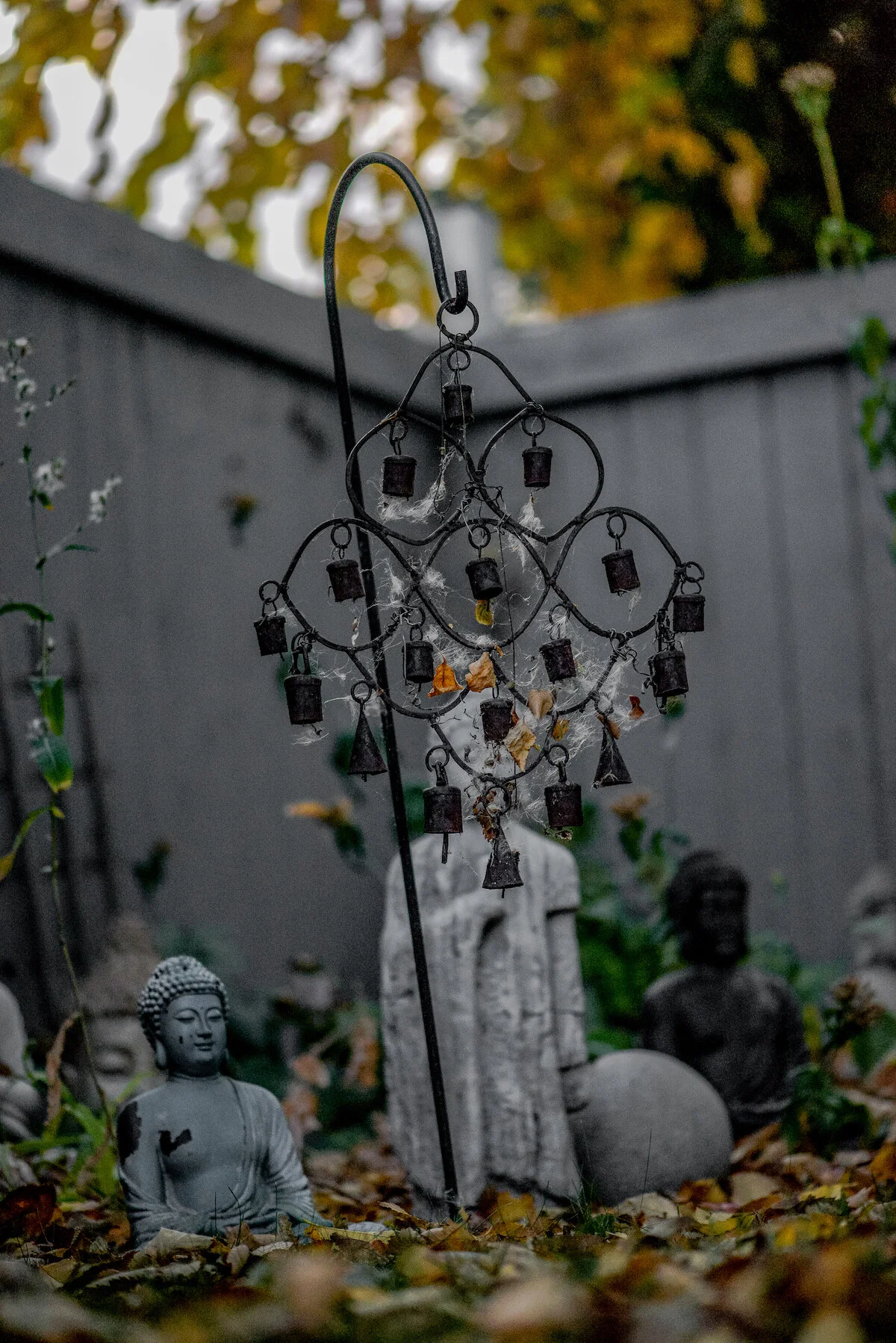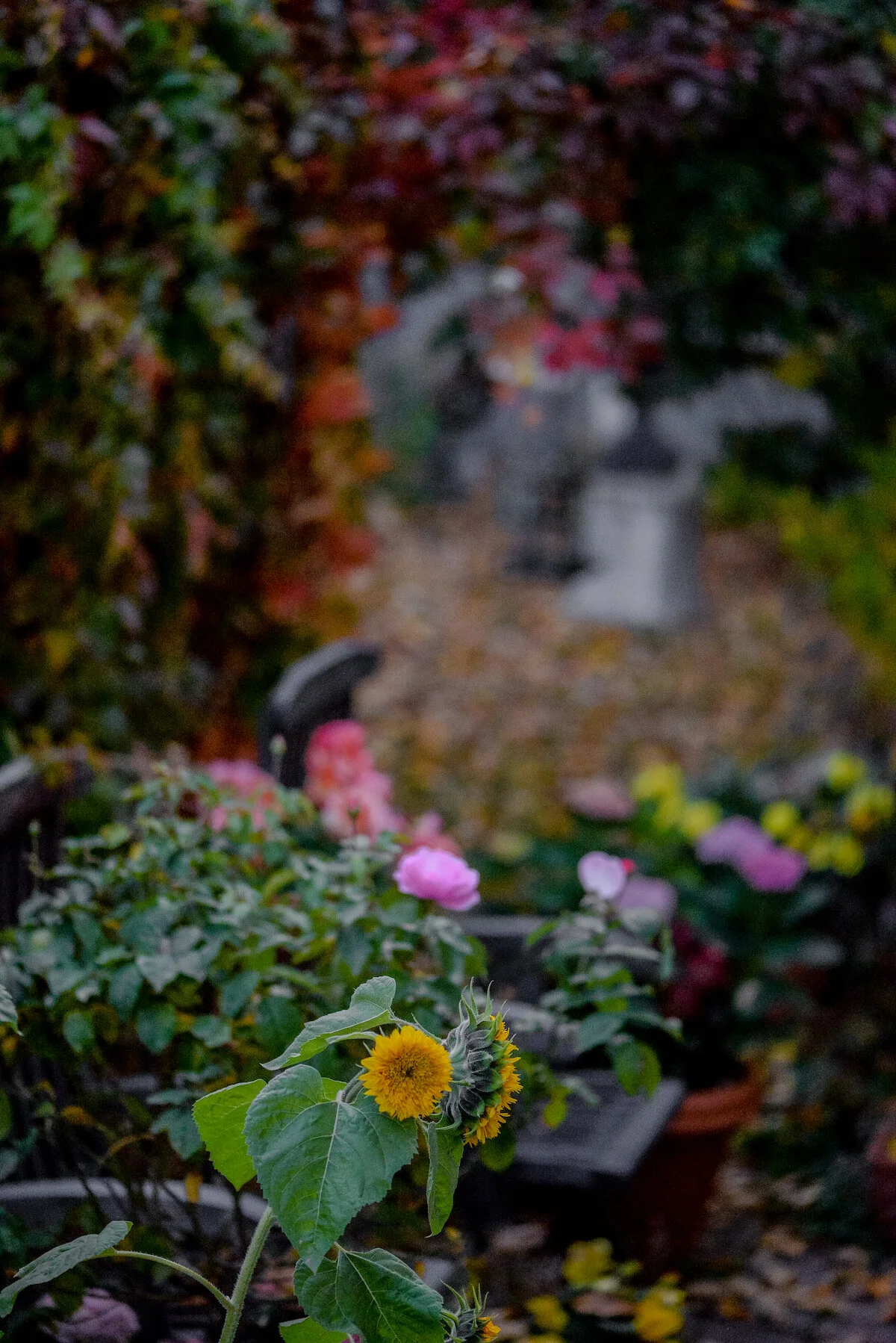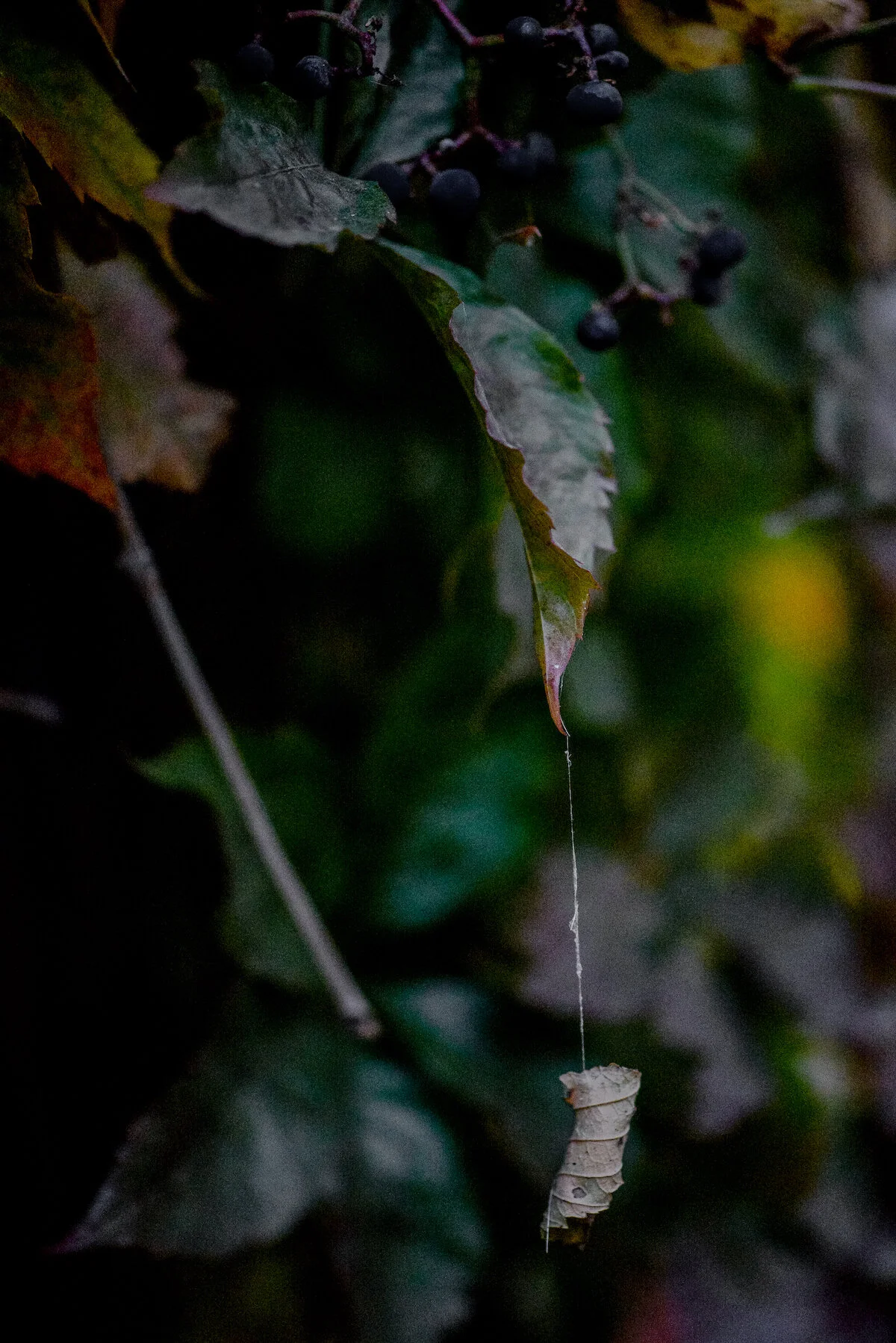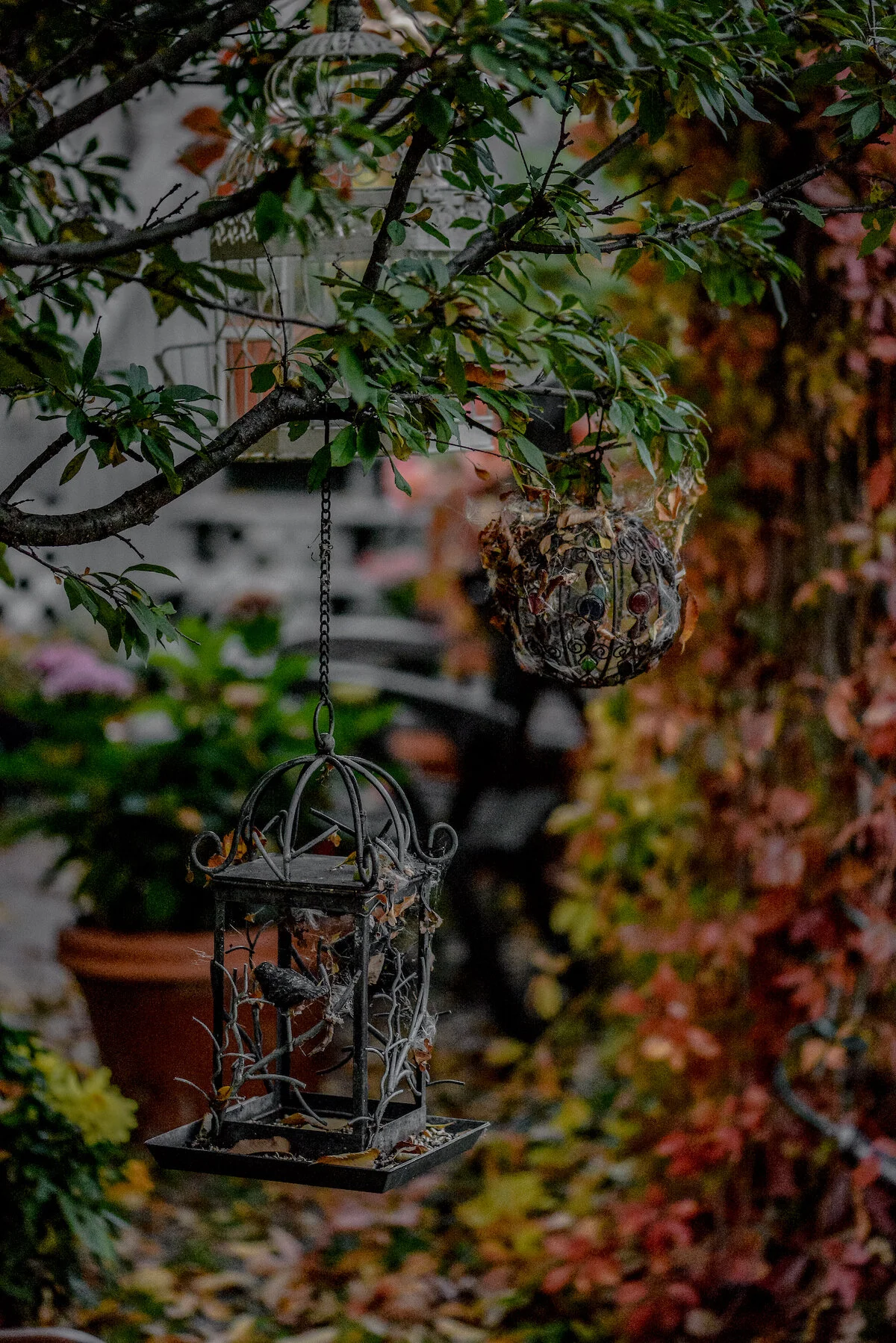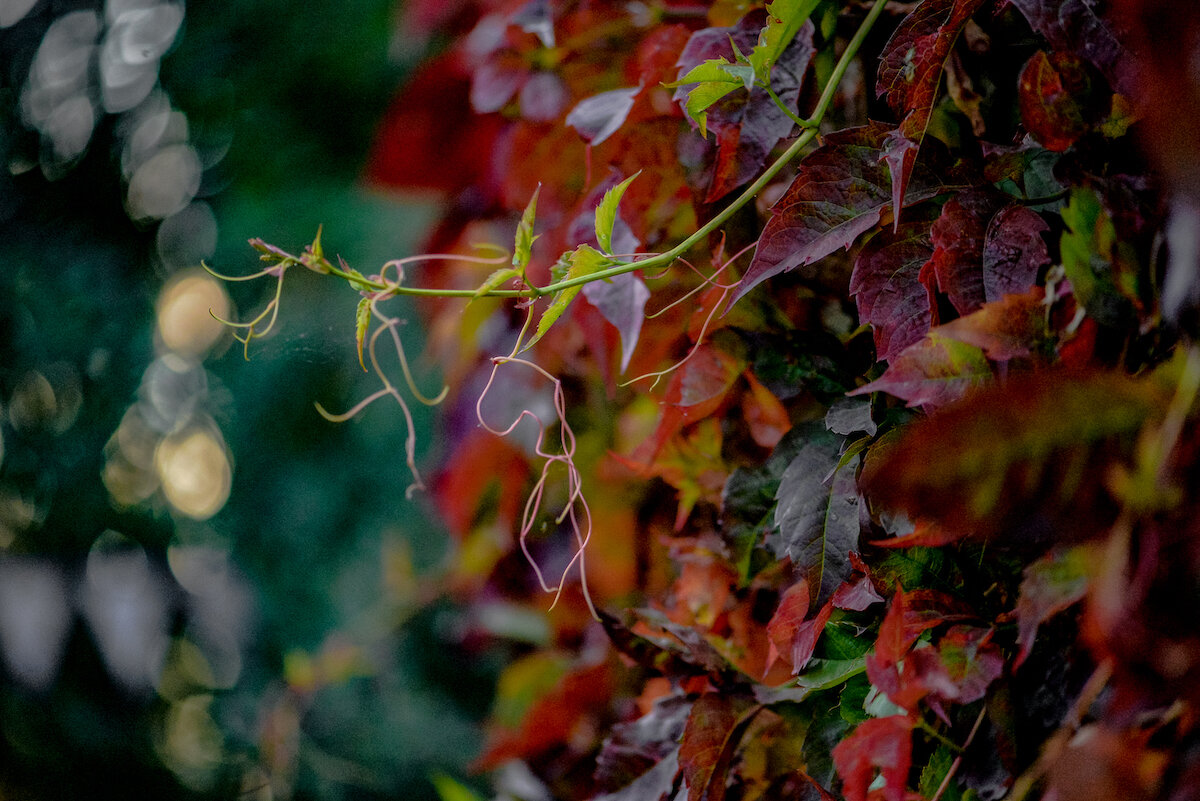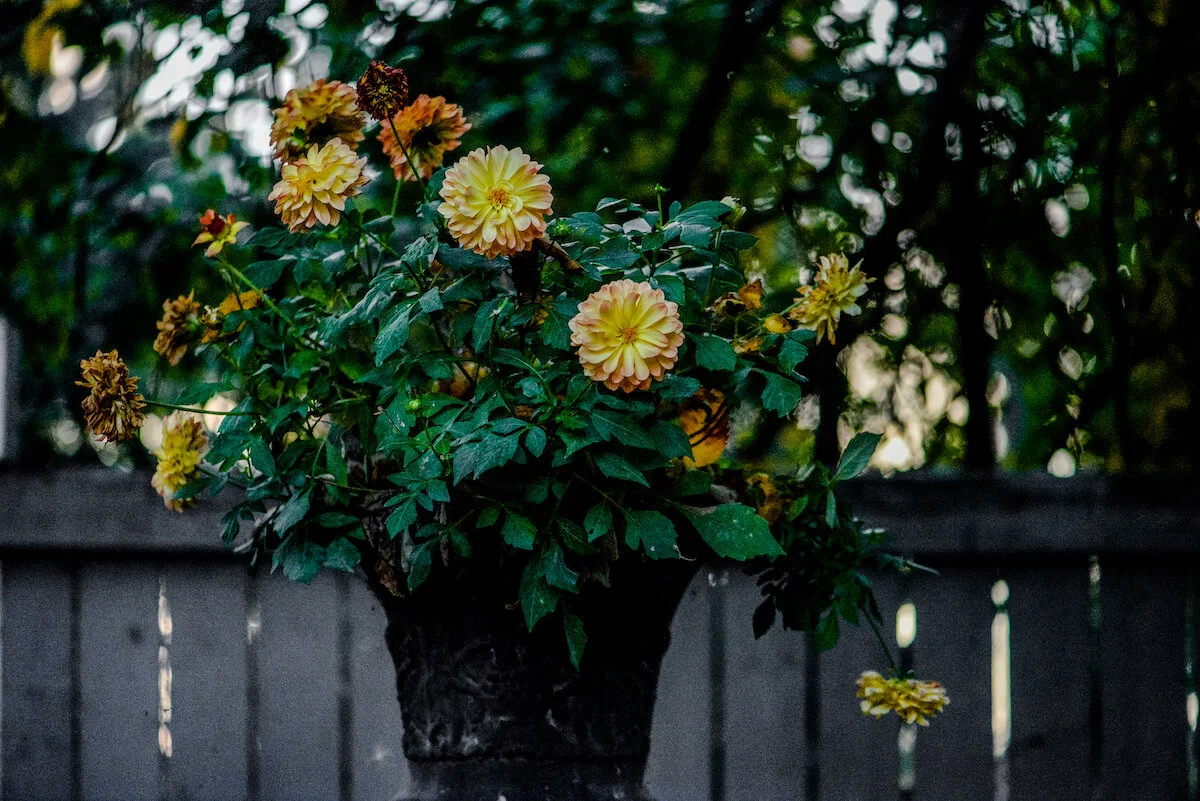Poems for Giving Thanks, Praise, and Comfort
There is an interview on On Being with Jericho Brown where he says, “ Poems have to make our lives clear. Poems have to make our lives real on the page. And nobody’s living an easy life. Nobody’s living a life that is anything other than complex. And there are things about our lives that TV’s not going to give us, that movies, even, are not going to give us. And poems are where I go for that. That’s where I go for the complexity, the thing in us that we don’t really understand.” What I want is the complexity and powerful possibilities that a poem or poetic language can give us. What we know right now is as Brown says, “Nobody’s living a life that is anything other than complex.” So I want to give thanks for that thought, and acknowledge how complex life is for so many people. And I also want to give thanks for the space of a poem, how full it can be, even when it seems thinned out, spare, careful. How wild a poem can be in and of itself, and how it can surprise us and delight us and guide us to a wholeness in ourselves.
It’s Thanksgiving weekend in Canada, and it feels more important than ever to acknowledge the complicated history of the holiday. A lot of us have cancelled get-togethers due to Covid-19 concerns which feels like a small sacrifice. I’m asking myself, what do I have to share, who can I donate to, since we won’t be spending money making a big meal. So that’s one place to start on a day where we give thanks.
Okay, let’s do this thing.
Let’s start in the morning, arriving “safely in a new dawn.”
On Waking
by John O'Donohue
I give thanks for arriving
Safely in a new dawn,
For the gift of eyes
To see the world,
The gift of mind
To feel at home
In my life,
The waves of possibility
Breaking on the shore of dawn,
The harvest of the past
That awaits my hunger,
And all the furtherings
This new day will bring.
Next, we acknowledge the darkness and say thank you into it, thank you because of it, thank you in spite of it.
Thanks
by W.S. Merwin
Listen
with the night falling we are saying thank you
we are stopping on the bridges to bow from the railings
we are running out of the glass rooms
with our mouths full of food to look at the sky
and say thank you
we are standing by the water thanking it
smiling by the windows looking out
in our directions
back from a series of hospitals back from a mugging
after funerals we are saying thank you
after the news of the dead
whether or not we knew them we are saying thank you
over telephones we are saying thank you
in doorways and in the backs of cars and in elevators
remembering wars and the police at the door
and the beatings on stairs we are saying thank you
in the banks we are saying thank you
in the faces of the officials and the rich
and of all who will never change
we go on saying thank you thank you
with the animals dying around us
our lost feelings we are saying thank you
with the forests falling faster than the minutes
of our lives we are saying thank you
with the words going out like cells of a brain
with the cities growing over us
we are saying thank you faster and faster
with nobody listening we are saying thank you
we are saying thank you and waving
dark though it is
This next poem might be one of my favourite poems of all time. Maybe we’re gathering at a small table with a small cohort today, or maybe we’re sitting at a kitchen table alone, remembering. But still, the world, the table, goes on, and we’ll all be back here some day soon. The kitchen table persists. We will meet at the kitchen table of the world again. It won’t always be like this.
Perhaps the World Ends Here
by Joy Harjo
The world begins at a kitchen table. No matter what, we must eat to live.
The gifts of earth are brought and prepared, set on the table. So it has been since creation, and it will go on.
We chase chickens or dogs away from it. Babies teethe at the corners. They scrape their knees under it.
It is here that children are given instructions on what it means to be human. We make men at it, we make women.
At this table we gossip, recall enemies and the ghosts of lovers.
Our dreams drink coffee with us as they put their arms around our children. They laugh with us at our poor falling-down selves and as we put ourselves back together once again at the table.
This table has been a house in the rain, an umbrella in the sun.
Wars have begun and ended at this table. It is a place to hide in the shadow of terror. A place to celebrate the terrible victory.
We have given birth on this table, and have prepared our parents for burial here.
At this table we sing with joy, with sorrow. We pray of suffering and remorse. We give thanks.
Perhaps the world will end at the kitchen table, while we are laughing and crying, eating of the last sweet bite.
A small interlude. This prayer from Anne Lamott:
“Here are the two best prayers I know: 'Help me, help me, help me' and 'Thank you, thank you, thank you.”
― Anne Lamott
Let’s remember the doorway into thanks:
Praying
by Mary Oliver
It doesn’t have to be
the blue iris, it could be
weeds in a vacant lot, or a few
small stones; just
pay attention, then patch
a few words together and don’t try
to make them elaborate, this isn’t
a contest but the doorway
into thanks, and a silence in which
another voice may speak.
Next, I give thanks for the coconut of happiness, and I hope that you figure out how to get inside of it.
Coconut
by Paul Hostovsky
Bear with me I
want to tell you
something about
happiness
it’s hard to get at
but the thing is
I wasn’t looking
I was looking
somewhere else
when my son found it
in the fruit section
and came running
holding it out
in his small hands
asking me what
it was and could we
keep it it only
cost 99 cents
hairy and brown
hard as a rock
and something swishing
around inside
and what on earth
and where on earth
and this was happiness
this little ball
of interest beating
inside his chest
this interestedness
beaming out
from his face pleading
happiness
and because I wasn’t
happy I said
to put it back
because I didn’t want it
because we didn’t need it
and because he was happy
he started to cry
right there in aisle
five so when we
got it home we
put it in the middle
of the kitchen table
and sat on either
side of it and began
to consider how
to get inside of it
We never know when we’ll be leaving, so let’s start thanking now. Thank your cat and your dog, the breakable cups, the patient spoons, and move on from there.
Thanking
by Anna Kamienska
How to leave without thanking
animals and particularly the cat
for his being so separate
and for teaching us with his whole body the wisdom of concentration
Thank you walls
the great invisible photographs of my life
thank you air
for the patient imprints of my loneliness
Thank you narrow table
untiring secretary
how many tears have I written into you
I’ve already changed into one of your lame legs
And you I thank for knowledge
breakable cup
it’s you have always taught me departure
there are things more precious than ourselves
Just as before a wedding I’ll have no time to thank you
all the corners and radiators
I thank you every spoon
God bless you since who else is to bless you
And now all go away along with a crowd of holy statues
I am fed up with you and fed up with thanking
the still night is looking at us
with a chasm-like eye
what are we in that dark iris
In case you require this reminder:
The World Has Need of You
by Ellen Bass
everything here
seems to need us
– Rainer Maria Rilke
I can hardly imagine it
as I walk to the lighthouse, feeling the ancient
prayer of my arms swinging
in counterpoint to my feet.
Here I am, suspended
between the sidewalk and twilight,
the sky dimming so fast it seems alive.
What if you felt the invisible
tug between you and everything?
A boy on a bicycle rides by,
his white shirt open, flaring
behind him like wings.
It’s a hard time to be human. We know too much
and too little. Does the breeze need us?
The cliffs? The gulls?
If you’ve managed to do one good thing,
the ocean doesn’t care.
But when Newton’s apple fell toward the earth,
the earth, ever so slightly, fell
toward the apple.
– from Like a Beggar
Let’s give thanks for wanting nothing.
Fresh
By Naomi Shihab Nye
To move
Cleanly.
Needing to be
Nowhere else.
Wanting nothing
From any store.
To lift something
You already had
And set it down in
A new place.
Awakened eye
Seeing freshly.
What does that do to
The old blood moving through
Its channels?
Things are difficult, no two ways about it. Might as well let yourself be happy:
"There is a Tibetan saying: ‘When things are difficult, then let yourself be happy.’ Otherwise, if happiness is relying on others or the environment or your surroundings, it's not possible. Like an ocean, the waves always go like that but underneath, it always remains calm. So we have that ability as well. On an intellectual level, we may see things as desperate, difficult. But underneath, at the emotional level, you can keep calm."
– Tenzin Gyatso
The 14th Dalai Lama
While we’re giving thanks, might as well pray for peace.
(Ellen Bass has generously posted the following poem on her website).
Pray for Peace
by Ellen Bass
Pray to whomever you kneel down to:
Jesus nailed to his wooden or plastic cross,
his suffering face bent to kiss you,
Buddha still under the bo tree in scorching heat,
Adonai, Allah. Raise your arms to Mary
that she may lay her palm on our brows,
to Shekhina, Queen of Heaven and Earth,
to Inanna in her stripped descent.
Then pray to the bus driver who takes you to work.
On the bus, pray for everyone riding that bus,
for everyone riding buses all over the world.
Drop some silver and pray.
Waiting in line for the movies, for the ATM,
for your latte and croissant, offer your plea.
Make your eating and drinking a supplication.
Make your slicing of carrots a holy act,
each translucent layer of the onion, a deeper prayer.
To Hawk or Wolf, or the Great Whale, pray.
Bow down to terriers and shepherds and Siamese cats.
Fields of artichokes and elegant strawberries.
Make the brushing of your hair
a prayer, every strand its own voice,
singing in the choir on your head.
As you wash your face, the water slipping
through your fingers, a prayer: Water,
softest thing on earth, gentleness
that wears away rock.
Making love, of course, is already prayer.
Skin, and open mouths worshipping that skin,
the fragile cases we are poured into.
If you’re hungry, pray. If you’re tired.
Pray to Gandhi and Dorothy Day.
Shakespeare. Sappho. Sojourner Truth.
When you walk to your car, to the mailbox,
to the video store, let each step
be a prayer that we all keep our legs,
that we do not blow off anyone else’s legs.
Or crush their skulls.
And if you are riding on a bicycle
or a skateboard, in a wheelchair, each revolution
of the wheels a prayer as the earth revolves:
less harm, less harm, less harm.
And as you work, typing with a new manicure,
a tiny palm tree painted on one pearlescent nail
or delivering soda or drawing good blood
into rubber-capped vials, writing on a blackboard
with yellow chalk, twirling pizzas–
With each breath in, take in the faith of those
who have believed when belief seemed foolish,
who persevered. With each breath out, cherish.
Pull weeds for peace, turn over in your sleep for peace,
feed the birds, each shiny seed
that spills onto the earth, another second of peace.
Wash your dishes, call your mother, drink wine.
Shovel leaves or snow or trash from your sidewalk.
Make a path. Fold a photo of a dead child
around your VISA card. Scoop your holy water
from the gutter. Gnaw your crust.
Mumble along like a crazy person, stumbling
your prayer through the streets.
Saying everything is going to be all right, doesn’t negate the fact that there will be dying. There will always be dying. Things are actually never really going to be all right. They never have been. We can’t go on. We go on.
Derek Mahon recently died at the age of 78. His poem “Everything is Going to be All Right” is a comfort. The sun rises in spite of everything.
Everything is Going to be All Right
by Derek Mahon
How should I not be glad to contemplate
the clouds clearing beyond the dormer window
and a high tide reflected on the ceiling?
There will be dying, there will be dying,
but there is no need to go into that.
The poems flow from the hand unbidden
and the hidden source is the watchful heart.
The sun rises in spite of everything
and the far cities are beautiful and bright.
I lie here in a riot of sunlight
watching the day break and the clouds flying.
Everything is going to be all right.
Let’s end today’s post with words from the late Richard Wagamese. I hope that today your trajectory crosses even fleetingly in-person or online with those who engage you, and I hope that your encounters energize and enchant and inspire. I give thanks for all of those who come to this space (some of you have for years!) and engage here and pass on the good vibes. That’s what makes it all worthwhile. A thousand thank yous.
“We approach our lives on different trajectories, each of us spinning in our own separate, shining orbits. What gives this life its resonance is when those trajectories cross and we become engaged with each other, for as long or as fleetingly as we do. There's a shared energy then, and it can feel as though the whole universe is in the process of coming together. I live for those times. No one is truly ever "just passing through." Every encounter has within it the power of enchantment, if we're willing to look for it.”
― Richard Wagamese, Embers: One Ojibway's Meditations


